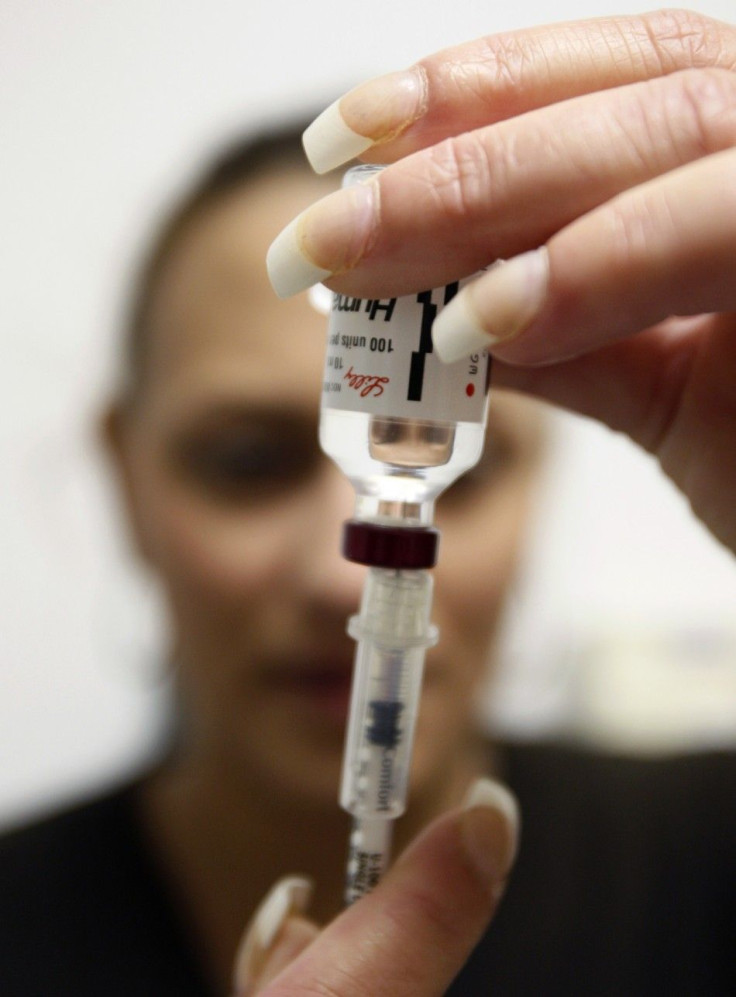Bacteria Can Also Cause Type II Diabetes: Study

Bacteria have long been known to spread infectious diseases, but research conducted by scientists at the University of Iowa indicates it might even cause Type 2 diabetes.
During the study, the researchers discovered that rabbits developed symptoms associated with Type 2 diabetes after coming in contact with a toxin produced by the bacteria Staphylococcus aureus. The symptoms included systemic inflammation, insulin resistance and glucose intolerance.
"We basically reproduced Type 2 diabetes in rabbits simply through chronic exposure to the staph superantigen," said lead researcher and microbiologist Patrick Schlievert in a statement.
Obese people are more likely to get their microbiome altered by the excess weight present in their bodies. The altered microbiome comprises colonies of staph bacteria that are known to produce “superantigens.”
"What we are finding is that as people gain weight, they are increasingly likely to be colonized by staph bacteria -- to have large numbers of these bacteria living on the surface of their skin," explained Schlievert. "People who are colonized by staph bacteria are being chronically exposed to the superantigens the bacteria are producing."
The microbiologists further found during their research that the superantigens interact with the fat cells and result in the symptoms associated with Type 2 diabetes. The researchers further analyzed and compared the level of staph colonies on the skin of four people suffering from diabetes with the dose of superantigen that resulted in diabetes symptoms in rabbits. Both the levels were found to be proportional.
To prevent or treat Type 2 diabetes, the researchers hope to create a therapy that can either eliminate the staph bacteria or neutralize the superantigen produced by it.
The complete study findings have been published in the journal mBio.
© Copyright IBTimes 2024. All rights reserved.





















